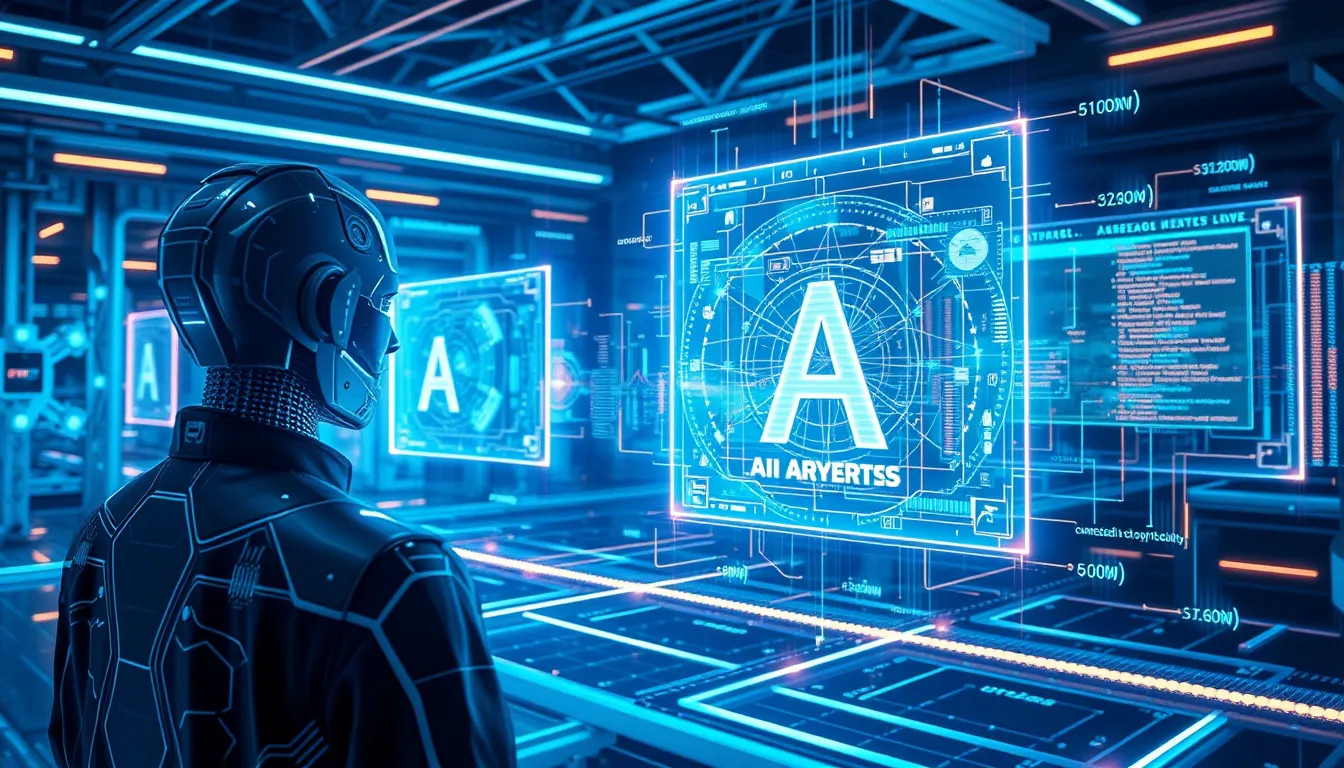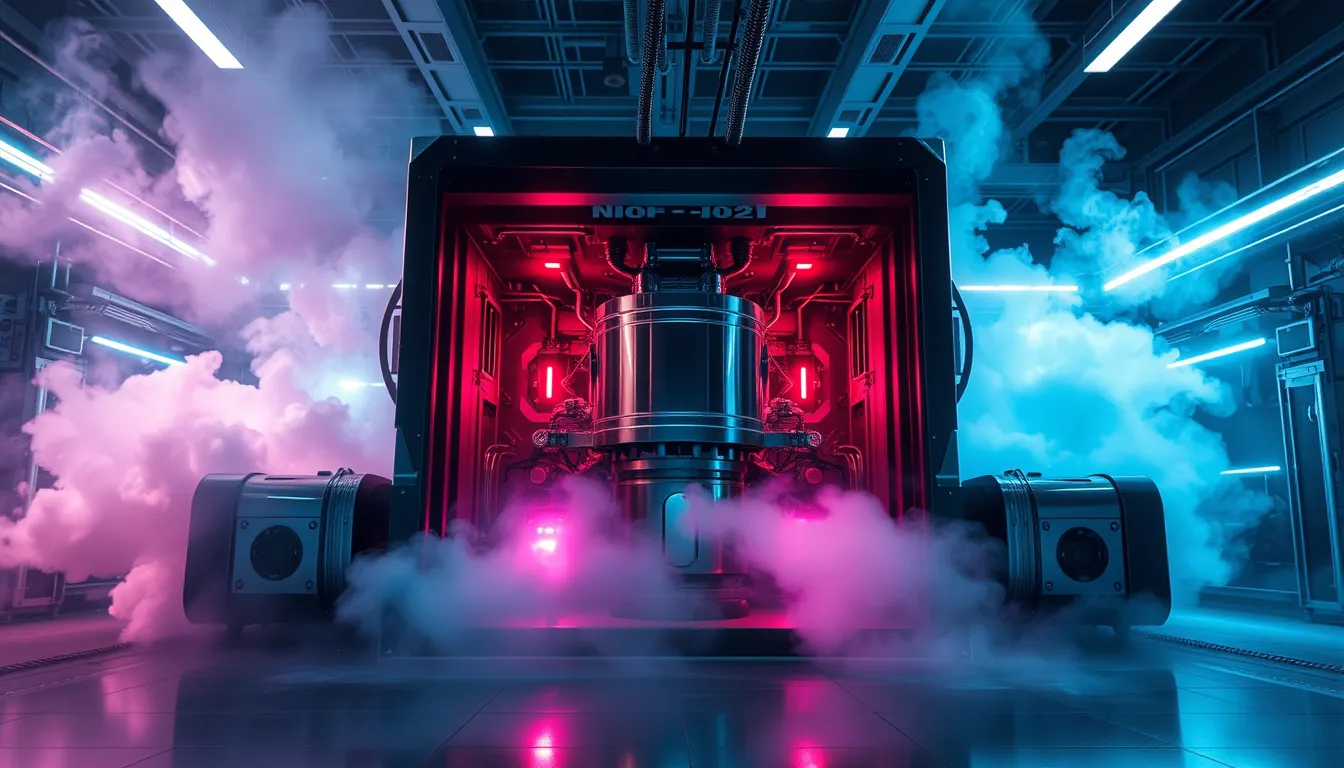Now Reading: Powerful AI in Healthcare Diagnostics: Boosting Patient Care
-
01
Powerful AI in Healthcare Diagnostics: Boosting Patient Care
Powerful AI in Healthcare Diagnostics: Boosting Patient Care

Powerful AI in Healthcare Diagnostics: Boosting Patient Care
The rapid advancement of technology has brought remarkable changes to the healthcare sector. Among these advancements, AI in healthcare diagnostics has emerged as a game changer. This innovative approach leverages the power of artificial intelligence to enhance medical imaging, improve diagnostic accuracy, and ultimately, boost patient care. In this article, we explore how AI in healthcare diagnostics is revolutionizing the health industry, its benefits, challenges, and future potential.
The Role of AI in Healthcare Diagnostics
Artificial Intelligence in healthcare diagnostics integrates advanced algorithms and deep learning techniques to analyze vast amounts of medical data. By examining imaging scans, genetic information, and patient histories, AI systems can assist radiologists and medical professionals in making faster and more precise diagnoses. This evolution not only aids in the early detection of illnesses but also supports healthcare providers in making informed treatment decisions.
Key Benefits of AI in Healthcare Diagnostics
- Enhanced diagnostic accuracy that leads to early and reliable detection.
- Reduced workload for medical experts, allowing them to focus on patient care.
- Cost-effective solutions by optimizing resource utilization and minimizing redundant tests.
- The ability to analyze large datasets, enabling predictive modeling of diseases such as cancer and cardiovascular illnesses.
How AI Improves Diagnostic Accuracy
A significant advantage of AI in healthcare diagnostics is its impact on diagnostic accuracy. With machine learning algorithms trained on millions of medical images and patient records, AI systems can detect subtle patterns and anomalies that might be overlooked by the human eye. This capability is crucial when diagnosing complex conditions, where early detection can mean the difference between effective treatment and prolonged illness. For example, deep learning techniques have improved the detection rates in radiology by highlighting areas of concern in X-rays and MRI scans.
Addressing Challenges and Ensuring Integration
While the benefits of AI in healthcare diagnostics are evident, several challenges must be addressed for its successful implementation. These challenges include data privacy concerns, the need for high-quality training datasets, and the integration of AI systems into existing hospital infrastructures. To overcome these obstacles, collaboration between technology companies, healthcare institutions, and regulatory bodies is essential. Organizations such as the World Health Organization (WHO) and HealthIT.gov provide valuable guidelines and support for integrating AI solutions responsibly.
The Future of AI in Healthcare Diagnostics
Looking forward, the future of AI in healthcare diagnostics appears promising. Continuous improvements in AI algorithms, coupled with increased accessibility to high-quality medical data, will further boost diagnostic capabilities. Recent studies indicate that AI systems will soon be able to offer predictive insights not just for diagnostics but also for tailoring personalized treatment plans. This means that in the near future, an accurate diagnosis may be quickly followed by a customized therapeutic strategy.
Why AI in Healthcare Diagnostics Matters
- It reduces diagnostic errors and enhances treatment precision.
- It speeds up data processing, leading to prompt patient care.
- It empowers healthcare professionals by providing them with detailed analytical insights.
- It drives innovation, paving the way for future medical discoveries.
Case Studies and Real-World Applications
Several hospitals and research centers have already begun integrating AI in healthcare diagnostics with impressive outcomes. For instance, some institutions have noted a significant decrease in misdiagnoses thanks to advanced imaging analysis tools. By incorporating AI technologies, these centers are not only improving patient outcomes but are also setting a new standard for healthcare practices. Additionally, industry leaders in medical technology are partnering with academic institutions to further refine these tools and broaden their applicability.
Conclusion
In conclusion, AI in healthcare diagnostics is transforming how medical professionals approach patient care. Its capacity to improve diagnostic accuracy, streamline processes, and provide essential insights into patient health represents a revolutionary shift in the healthcare landscape. As technology continues to evolve, embracing AI-driven diagnostic tools will be crucial for healthcare systems to remain at the forefront of patient care innovation. By addressing current challenges and fostering a collaborative approach between technology and healthcare, AI in healthcare diagnostics is poised to deliver remarkable benefits for patients and medical professionals alike.
For further reading on AI and healthcare, visit reputable sites like HealthIT.gov and the World Health Organization. These resources offer deeper insights into current trends and guidelines to ensure the safe and ethical use of technology in healthcare.
In our journey towards improved medical care, the integration of AI in healthcare diagnostics represents a critical step forward. With careful implementation and constant innovation, the future of healthcare can indeed be brighter, safer, and more effective for everyone.

























